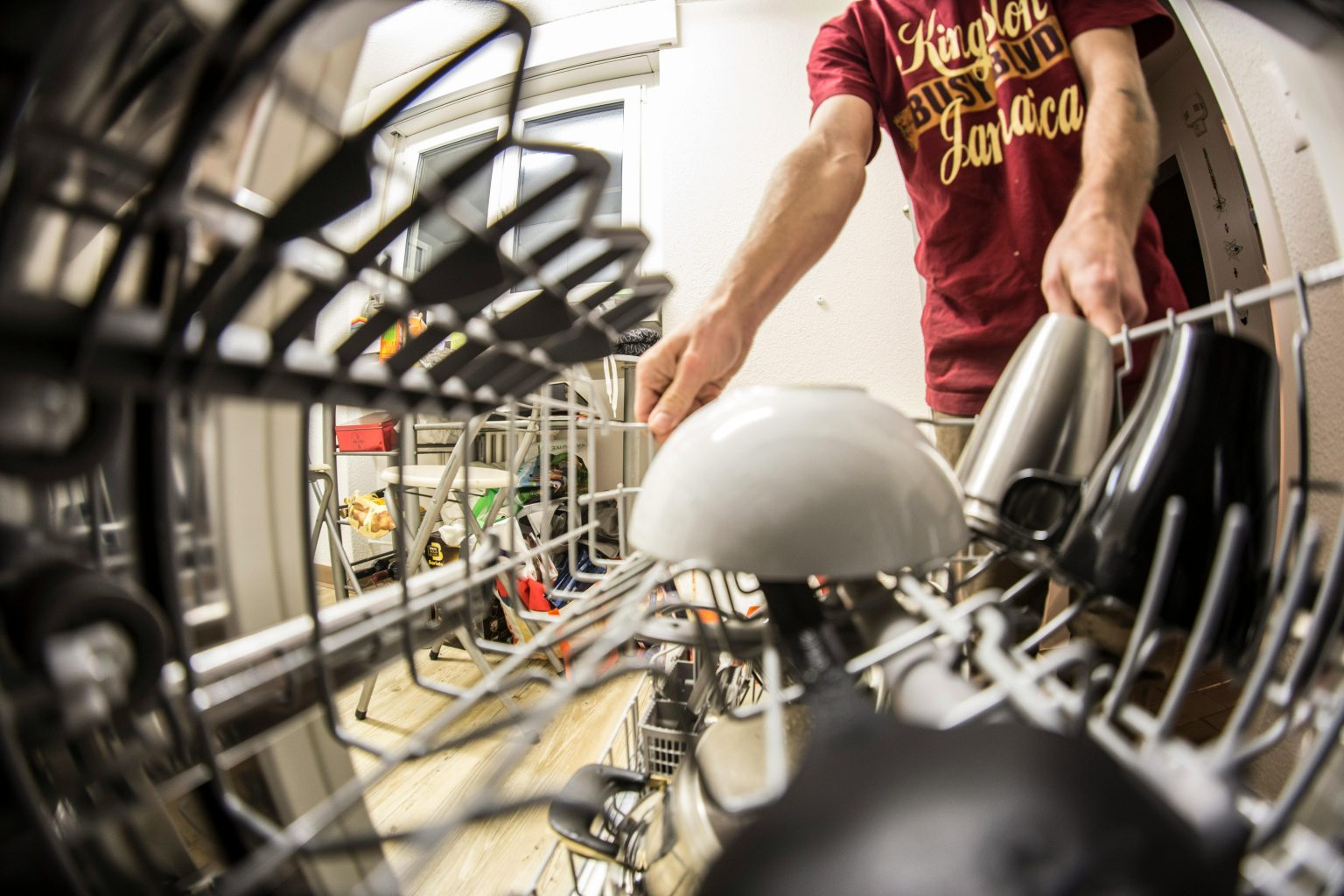Low-temperature washes could be spreading E. coli, says ex-chef and hygiene trainer Mark McShane
Households across the UK are being warned that using ‘eco mode’ on dishwashers could be doing more harm than good – especially after cooking with raw meat.
Mark McShane, a former professional chef and hygiene expert from Food Hygiene Certificate, has issued a caution after seeing a rise in questions around dishwasher hygiene and food safety.
“Eco settings are great for saving energy, but they don’t always reach the temperatures needed to kill dangerous bacteria like E. coli or salmonella — especially if you’ve used those utensils to prepare raw chicken or beef,” he said.
E. coli can survive temperatures below 60°C, which is common for eco or ‘quick’ wash cycles. The issue is that contaminated chopping boards, knives, or even blender blades may not be properly sterilised — and could recontaminate other items in the same cycle.
“Your dishwasher might look clean, but without a high-temp wash — ideally 70°C or more — you’re just moving bacteria around your plates and cups,” McShane added.
How to Stay Safe:
- Use a hot wash (above 70°C) for any items used with raw meat or eggs.
- Don’t rely on eco mode if someone in the household is vulnerable or has a weakened immune system.
- Pre-rinse utensils to remove visible debris before putting them in.
- Run a monthly empty cycle with dishwasher cleaner to remove bacterial build-up.
This warning follows research highlighting how household hygiene habits can backfire — from washing chicken in the sink (which sprays bacteria around the kitchen) to improper fridge storage during summer months.
“Many foodborne illnesses don’t hit for days — sometimes over a week — so most people never trace it back to what really caused it. Your dishwasher might be playing a hidden role,” says McShane.

